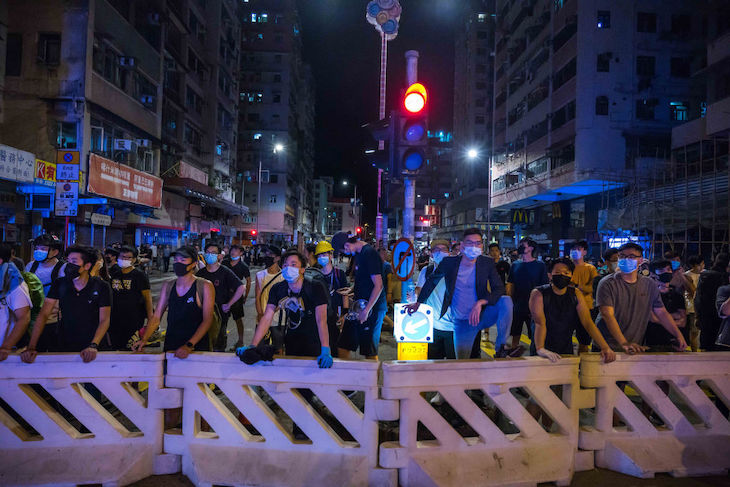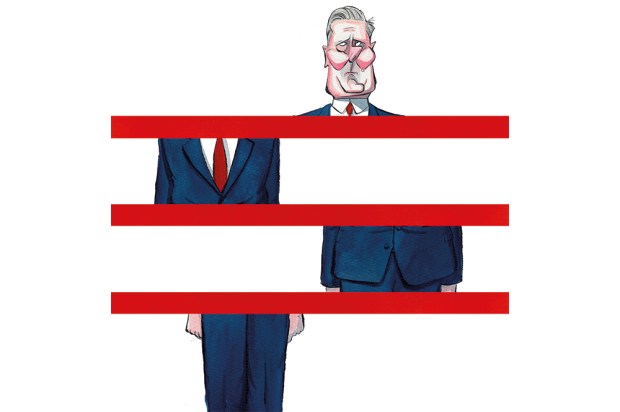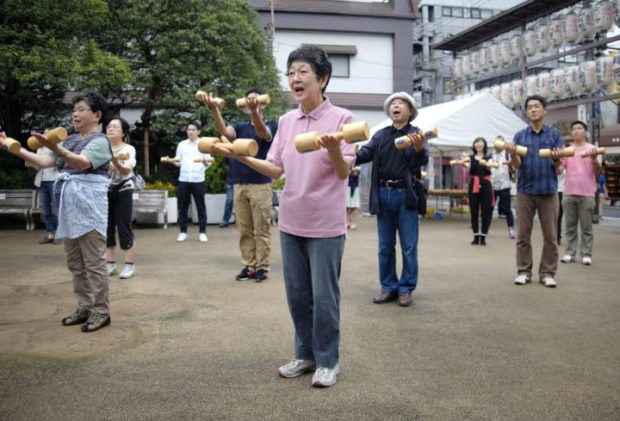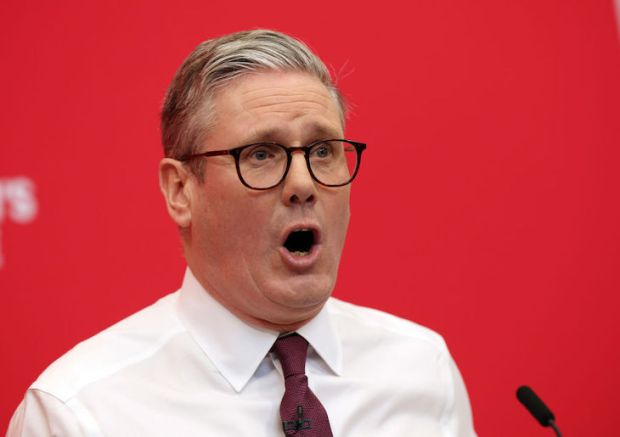The world is watching Beijing as it watches Hong Kong. There are nervous expectations that troops will be deployed in the region, as they were in Tiananmen Square thirty years ago. Were this to happen, it would be seen as proof that an era of malign Chinese enforcement had begun.
Xi Jinping and his colleagues know that if they take drastic action, a new narrative will take hold about China’s draconian instincts. So instead, the Chinese government is deliberately holding back. It helps to understand the philosophy behind this approach. In Daoist tradition, the term ‘wu wei’ translates as ‘inaction’ – the art of simply doing nothing. The ancient Chinese philosopher Han Fei, while not a Daoist, also advised that powerful leaders should remain obscure and invisible, as everyone else reveals their hand.
However turbulent the situation in Hong Kong right now, it is still some way from becoming the kind of absolute collapse of law and order that would necessitate any form of direct intervention. Protests have been taking place across the region for several weeks, despite the fact that the ostensive cause of them – a proposed extradition treaty with mainland China – has been suspended. China has expressed concern about the situation and has supported the administration of Carrie Lam, Hong Kong’s chief executive. But aside from that, there has so far been a distinct lack of engagement.
The protesters have made it easy for China to avoid stepping in. Impassioned and indisputably sincere, they are also not particularly united about their demands. Some want all out independence. Many more want better quality governance. Quite a few want more meaningful autonomy. No specific individual has united all those disparate strands.
This lack of cohesion has thwarted the protest movements for years, some of which have been rolling on since 2013. The different groups have their committed, brave spokespeople. The young activist Joshua Wong is among the best known. But no single force or figure has managed to capture a critical mass, which is why the protests often seem so chaotic.
Chaos is something that Beijing dislikes – but it also senses that the Hong Kong administration and its security forces can keep a lid on the situation. If the protest movements were more organised, more disciplined, and had a more articulate and coherent leadership which focused on direct confrontation with Beijing, it would be far more ominous for China. Over the past few years, legislative elections have shown that public opinion in the city is complex, multi-faceted, and, when it comes to making specific policy choices, often divided. This sort of fragmentation works in Beijing’s favour.
Beijing will continue to warn darkly of foreign forces manipulating the situation in Hong Kong. It will also keep a careful eye on the areas that still matter to China’s economy – the finance sector, the flow of investment to the outside world and trade in Renminbi. If the problems continue, China may start to divest from Hong Kong. While the city has a hallowed reputation in many Western countries, China now has plenty of other options when it comes to financial hubs. It does care about Hong Kong, but only so far.
Hongkongers, no matter what their standpoint, need to make some sober calculations. Like it or not, they are – and have been since 1997 – part of the People’s Republic of China, albeit under special arrangements. The protestors still have some cards in their hand, but they cannot overplay them. Direct rebellion with Beijing is a non-starter. They need to shift from the politics of perpetual protest to that of pragmatic compromise, however undramatic this may be. They need politicians who can responsibly work out a wide enough common ground that can protect the things that matter in the city – but not antagonise Beijing.
Politicians could focus on the inequality of the city, for instance. Property prices are eye-wateringly high. The city can make a strong argument that the current levels of migration from mainland China are counter-productive. They can argue too that the thing that makes Hong Kong competitive and important globally is the rule of law – and that this is currently being undermined by everyone.
We know that Hong Kong has produced a generation of protestors who have had a significant impact. But it now needs to produce something far harder – a generation of politicians who can do deals, maintain the city’s interests, and ensure that as it approaches the 50 year landmark in 2047 (when Hong Kong’s protected status ends) it can continue to exist as a special, sustainable place. Hong Kong will now have to decide what sort of city it would like to be. Beijing, meanwhile, will watch and wait.
Kerry Brown is Professor of Chinese Studies and Director of the Lau China Institute, King’s College London
Got something to add? Join the discussion and comment below.
Get 10 issues for just $10
Subscribe to The Spectator Australia today for the next 10 magazine issues, plus full online access, for just $10.




















Comments
Don't miss out
Join the conversation with other Spectator Australia readers. Subscribe to leave a comment.
SUBSCRIBEAlready a subscriber? Log in